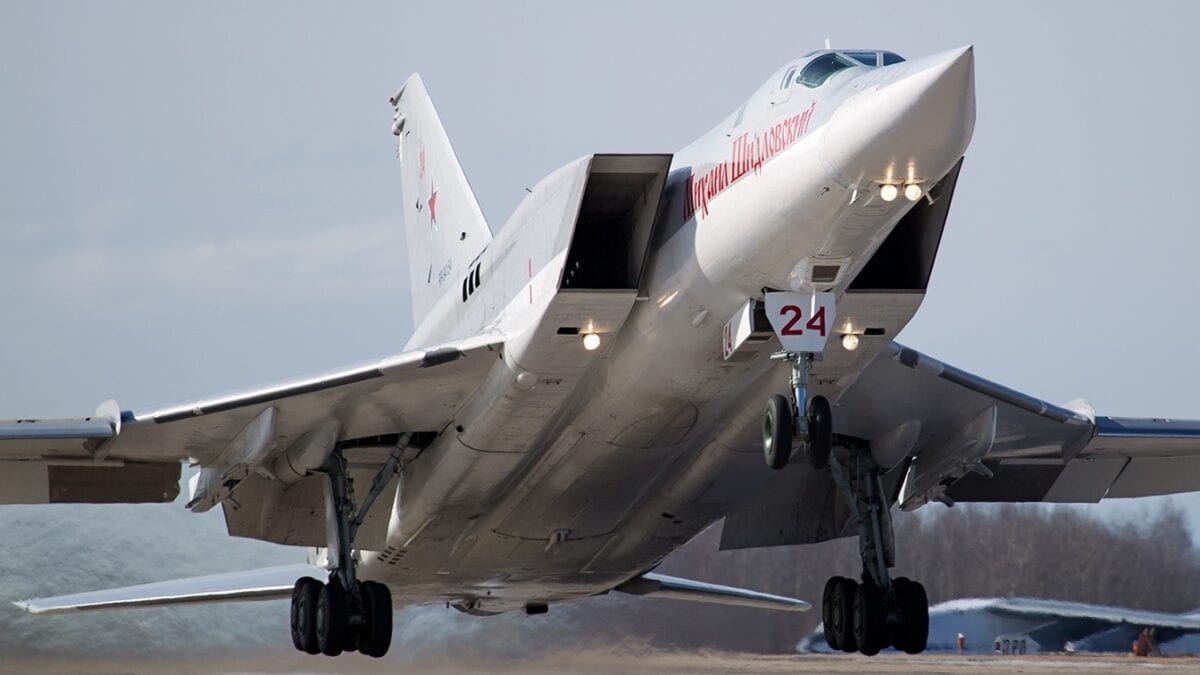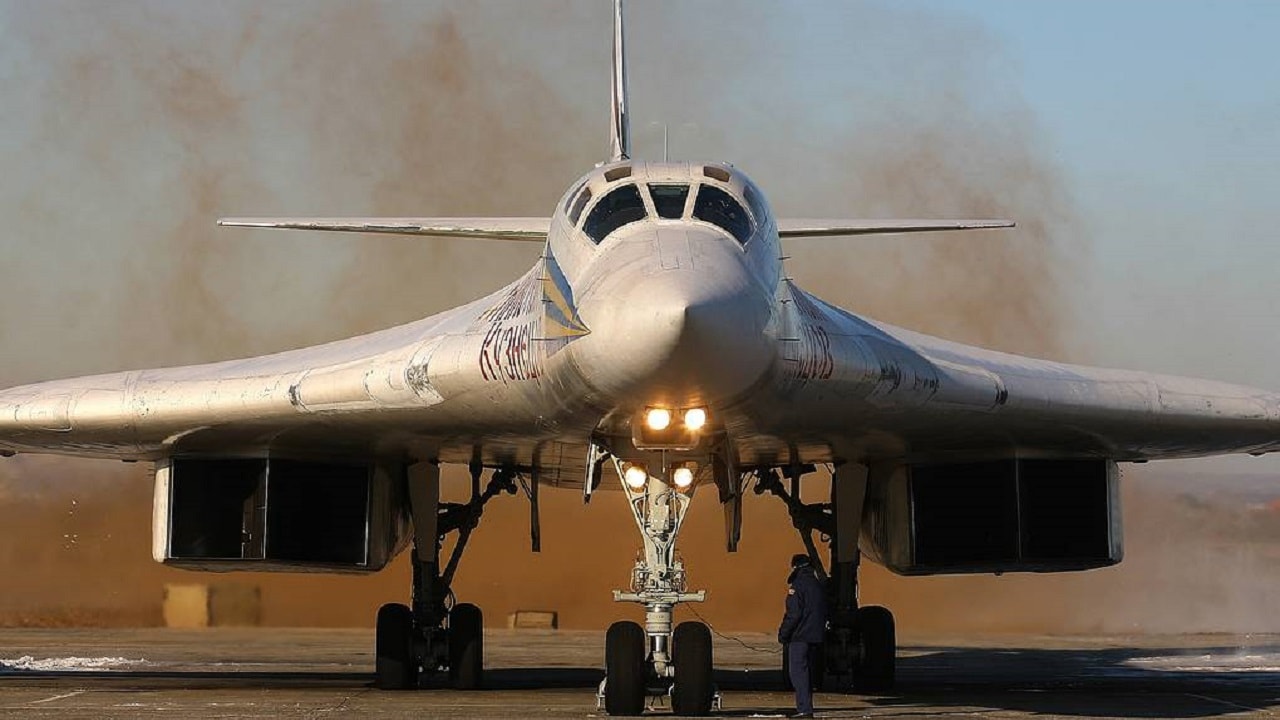Kremlin Clarifies “Existential Threat” Precursor That Would Prompt Nuclear War – During the early days of the Russian invasion of Ukraine, the Kremlin appeared to lean into the use of vague threats of nuclear war as a way of discouraging Western countries from supplying Ukraine with weapons, ammunition, and other military equipment.
Speaking to CNN in March, senior Kremlin spokesman Dmitry Peskov warned that an “existential threat” to Russia could be enough to warrant the use of nuclear weapons.
“We have a concept of domestic security, and it’s public. You can read all the reasons for nuclear arms to be used,” Peskov said. It prompted criticism from the Pentagon, with spokesman John Kirby describing the Kremlin official’s comments as “dangerous.”
“It’s not the way a responsible nuclear power should act,” he said.
In May, the deputy chairman of the Russian Security Council Dmitry Medvedev appeared to threaten Western nations in a Telegram post with possible nuclear war. The Russian official warned of a “catastrophic” conflict that expanded beyond Ukrainian borders.
“Such a conflict always has the risk of turning into a full-fledged nuclear war,” Medvedev said. “This will be a catastrophic scenario for everyone.”
Over the last six months, however, the closest the Ukraine-Russia conflict has come to a nuclear catastrophe has been the occupation of the Zaporizhzhia nuclear power plant by Russian forces. The continued occupation of the nuclear facility carries with it the risk of missile strikes causing damage and triggering a nuclear meltdown.
This week, a Russian official provided some clarity on the Kremlin’s position on nuclear conflict and exposed Russia’s rhetoric on the matter as a bluff.
Analysis: What A Kremlin Official Said This Week on Nuclear War
Russian Deputy Foreign Minister Sergey Ryabkov explained Russia’s position on nuclear conflict in detail during an interview with Izvestia. The Kremlin official said that Russia intends to avoid nuclear war if possible and that only an emergency situation would prompt the Russian government to authorize a nuclear strike.
When asked what conditions would prompt Russia to resort to the use of nuclear weapons, Ryabkov referenced the doctrinal guidelines found within the “Fundamentals of the State Policy of the Russian Federation in the Field of Nuclear Deterrence,” a government document that outlines the Kremlin’s approach to the use of nuclear weapons.
“Russia hypothetically allows a nuclear response only in response to aggression with the use of weapons of mass destruction against us or our allies or aggression using conventional weapons, when the very existence of the state is threatened,” Ryabkov said.

Tupolev Tu-22M3 taking off at Ryazan Dyagilevo.
“The key word in both scenarios is ‘aggression.’ In other words, Russia’s use of nuclear weapons is possible only in response to an attack – for self-defense in extraordinary circumstances.”
The Kremlin official stressed that there is “no room for speculation for fantasy,” potentially implying that Russia has never come close to using nuclear weapons and is unlikely to use them at least in the short term.
Jack Buckby is a British author, counter-extremism researcher, and journalist based in New York. Reporting on the U.K., Europe, and the U.S., he works to analyze and understand left-wing and right-wing radicalization, and reports on Western governments’ approaches to the pressing issues of today. His books and research papers explore these themes and propose pragmatic solutions to our increasingly polarized society.

